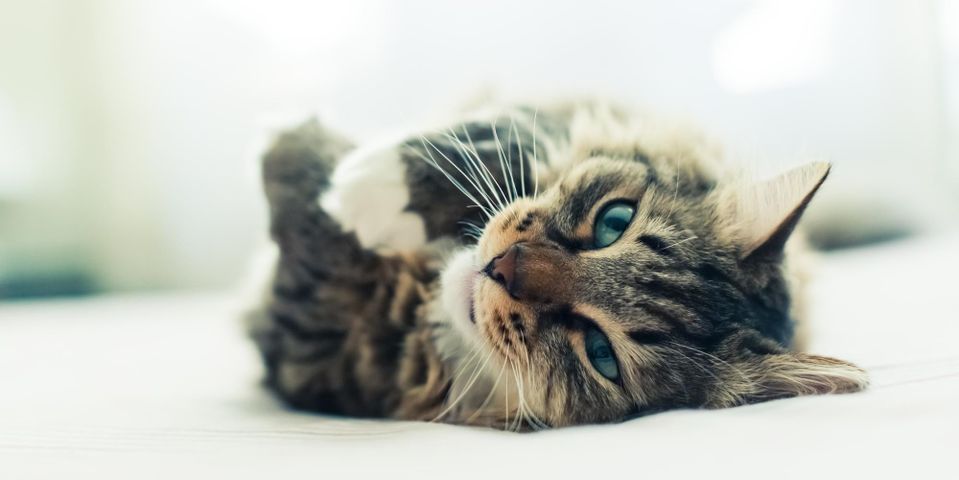Why Regular Veterinary Visits Are an Important Part of Pet Care for Cats

Just like people, cats can get sick. Unfortunately, your pets can’t use their words to tell you when they aren’t feeling well, which is why it’s crucial to know what signs and symptoms to look for. In honor of National Cat Health Month this February, here’s what pet care professionals want you to know.
Pet Care 101: Common Cat Illnesses
1. Feline Lower Urinary Tract Disease
One common issue is Feline Lower Urinary Tract Disease (FLUTD), also known as a Urinary Tract Infection (UTI). It is particularly prevalent in overweight and otherwise unhealthy cats, as well as females. The disease can be caused by bladder stones, infection, urinary tract blockage, or cancer.
Symptoms to look for include your cat straining to urinate, or not using the litter box. You may also observe blood in the urine, a reduced appetite, dehydration, or vomiting. Depending on the cause and severity of the issue, the veterinarian may prescribe pain medications or antibiotics. In some cases, surgery is required to remove the blockage.
2. Parasites
 Fleas are prevalent in cats, particularly those who are indoor/outdoor. If they are scratching more than usual, losing hair, or have irritated red skin, fleas may be to blame. If you look closely or use a flea comb, you may see the tiny, black fleas. Although it’s highly treatable, they are typically uncomfortable.
Fleas are prevalent in cats, particularly those who are indoor/outdoor. If they are scratching more than usual, losing hair, or have irritated red skin, fleas may be to blame. If you look closely or use a flea comb, you may see the tiny, black fleas. Although it’s highly treatable, they are typically uncomfortable.
They can also be accompanied by tapeworms, which reside in the small intestine and, if untreated, can grow up to two feet. You may see segments of the worm in your cat’s feces. Fleas and tapeworms are usually treated with topical medication. It’s a good idea to have your pet dewormed every year as well, especially if they go outdoors or you plan to take them to a boarding facility.
3. Infectious Disease
Many infectious diseases can be prevented with vaccinations, which is why it’s crucial to stay up to date on your cat’s shots. Some of the most ones in cats include Feline Leukemia, Feline Immunodeficiency Virus, and Feline Infectious Peritonitis, all of which can be spread through contact with other cats.
Upper respiratory infections are also contagious, symptoms of which can include sneezing, watery eyes, runny nose, cough, fever, and mouth sores. Some upper respiratory infections, as well as infectious diseases, can be fatal. If your cat isn’t feeling well, it’s vital to take them to a veterinarian as soon as possible.
Routine veterinary checkups are key to pet care. Vaccinations and exams are also essential if you plan to take your furry family members to a boarding facility. Whether they need a pet vacation while you’re on a getaway of your own or a safe place to stay while you move or renovate, turn to Almost Home Pet Resort for caring pet care, training, and boarding in Ft Mitchell, KY. Since 1995, they’ve been treating community members’ pets like family. Call (859) 356-8181 to talk with a team member or visit the website to learn more about their services.
About the Business


